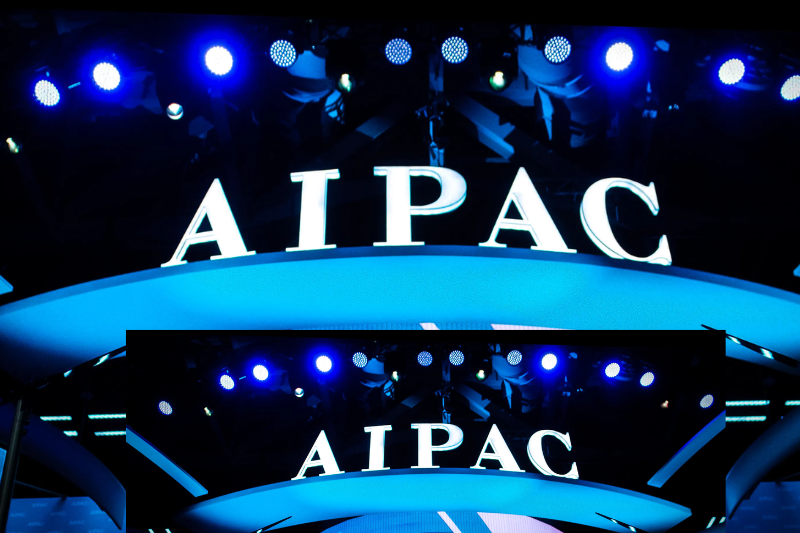
Decoding AIPAC’s Political Maneuvers: Unveiling Strategies and Controversies
Unraveling AIPAC’s Targeted Campaign
In the intricate landscape of American politics, the American Israel Public Affairs Committee (AIPAC) has made headlines for its intensified focus on certain congressional figures, particularly those aligned with the Squad, a group of progressive lawmakers. The lobby group has notably ramped up its attacks on representatives critical of Israel, such as Reps. Jamaal Bowman, Ilhan Omar, Rashida Tlaib, and Summer Lee.
AIPAC’s Controversial Tactics
Last year, AIPAC set its sights on challenging Rep. Jamaal Bowman, urging potential candidates, notably Latimer, to enter the political arena. This move came in response to Bowman and other progressives boycotting an address by Israeli President Isaac Herzog. AIPAC’s controversial influence on American politics becomes apparent as it actively seeks challengers to unseat representatives who diverge from its stance on Israel.
The Changing Dynamics: J Street’s Withdrawal
Bowman, previously endorsed by J Street as a liberal alternative to AIPAC, faced a shift in support. J Street withdrew its endorsement, citing concerns over Bowman’s rhetoric on Gaza, stating that it had “crossed a line.” This shift in dynamics reveals the complexities within progressive groups and their evolving perspectives on Israel-related issues.
Keep Reading
Latimer, the potential challenger endorsed by AIPAC, boasts a list of major donors. These contributors include venture capitalists, private equity partners, attorneys, and consultants. Notable figures such as Bradley Tusk, Shai Barnea, and Michael Benn have provided substantial financial support. Understanding Latimer’s support base is crucial in deciphering the broader implications of AIPAC’s involvement in shaping political landscapes.
Broader Implications on American Politics
As AIPAC navigates the delicate terrain of American politics, its attempts to influence key figures reflect a broader conversation on the intersection of foreign policy, lobbying, and progressive ideals. The controversies surrounding AIPAC’s strategies raise questions about the role of lobbying groups in shaping the narratives and trajectories of elected representatives.
Conclusion: Navigating the Intersection of Politics and Lobbying
In the ever-evolving landscape of American politics, AIPAC’s targeted campaigns against progressive representatives underscore the complexities within lobbying dynamics. Understanding the nuances of AIPAC’s strategies, the withdrawal of endorsements, and the financial backing of potential challengers provides a comprehensive view of how lobbying groups shape the political discourse.




